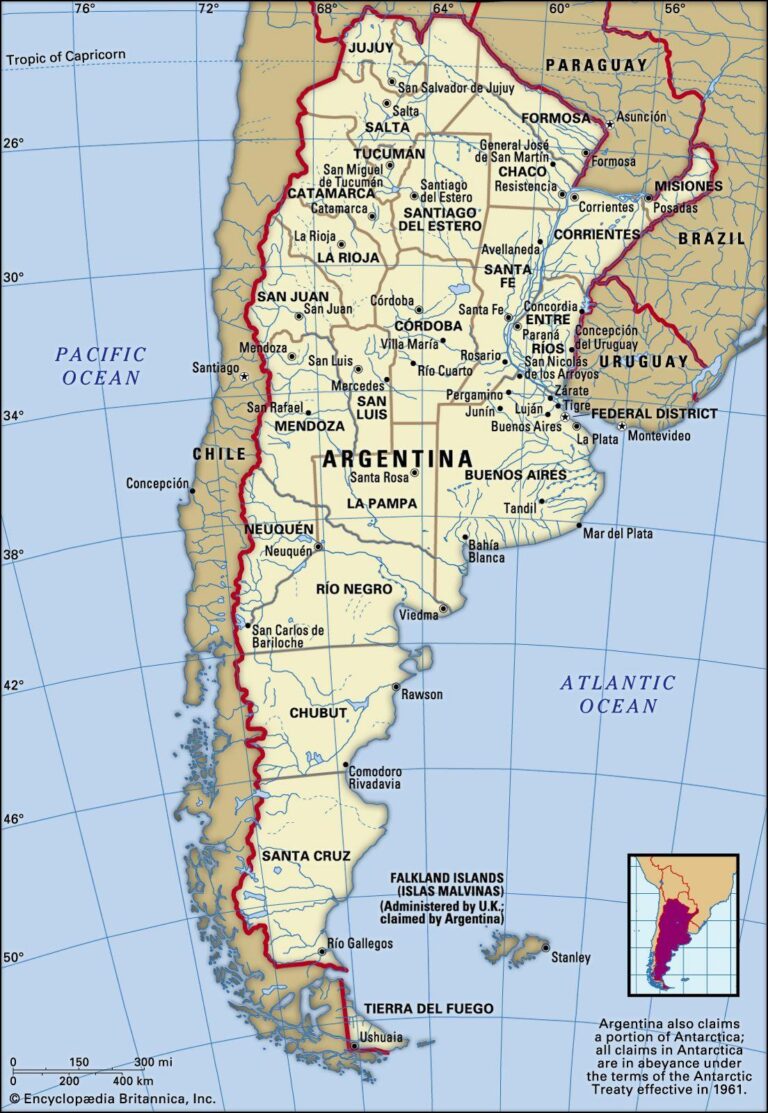Argentina’s President has firmly rejected concerns that a newly proposed intelligence plan could be used to surveil journalists and political figures. Addressing mounting criticism and fears over potential infringements on privacy and freedom of the press, the president emphasized that the initiative is designed solely to strengthen national security. The controversy comes amid growing scrutiny of government surveillance practices in the region, sparking a broader debate on the balance between security measures and civil liberties.
Argentina’s President Addresses Concerns Over Intelligence Plan and Privacy Implications
Argentina’s president has firmly rejected allegations suggesting that the government’s recent intelligence framework would facilitate monitoring of journalists or political opponents. Emphasizing a commitment to democratic values and freedom of expression, the administration insists the plan is designed strictly to enhance national security while respecting privacy rights. Critics who claim the framework is a tool for surveillance have been labeled as misinformed or politically motivated, with officials reiterating that no mechanisms within the plan authorize unauthorized data collection or intrusion into personal communications.
The controversy has sparked widespread debate among civil society groups and lawmakers, who remain vigilant about potential overreach. To address these concerns, the government has highlighted key safeguards embedded in the proposal:
- Independent oversight bodies to review intelligence activities and ensure compliance with legal standards.
- Strict limitations on data access, especially involving information related to media personnel and political figures.
- Transparency measures to provide periodic public reports on intelligence operations and their impacts.
| Aspect | Government Assurances | Public Concerns |
|---|---|---|
| Data Privacy | Strict protocols and encryption | Potential misuse without clear checks |
| Oversight | Independent committees | Risk of political influence |
| Accountability | Regular transparency reports | Lack of clarity on enforcement |
Experts Analyze Potential Impact of Enhanced Surveillance Powers on Press Freedom
Recent statements from Argentina’s president have sought to clarify concerns surrounding a proposed intelligence framework, emphasizing that the plan is designed strictly to enhance national security without compromising journalistic integrity or political confidentiality. However, media watchdogs and civil rights advocates remain vigilant, warning that augmented surveillance capabilities could inadvertently create a chilling effect on investigative reporting and democratic discourse. The ambiguity over safeguards and oversight mechanisms has intensified calls for transparent protocols that ensure intelligence operations remain tightly regulated and legally accountable.
Experts highlight several potential risks linked to expanded surveillance powers:
- Unintentional monitoring of journalists’ communications under broad intelligence mandates.
- Undermining of trust between media outlets and their sources, impacting news gathering.
- Possible politicization of intelligence tools, leading to selective targeting.
- The challenge of balancing national security interests with constitutional rights to privacy and free speech.
| Stakeholder | Primary Concern | Suggested Safeguard |
|---|---|---|
| Journalists | Risk of unwarranted surveillance | Clear exclusion clauses |
| Civil Rights Groups | Abuse of power | Independent oversight bodies |
| Government Officials | Leaks and political interference | Strict access controls |
Recommendations for Safeguarding Journalistic Independence Amidst New Intelligence Measures
To ensure the integrity of press freedom amidst evolving intelligence frameworks, it is crucial that authorities implement transparent oversight mechanisms which clearly define the boundaries for surveillance operations. Independent watchdog bodies should be empowered to audit intelligence activities regularly, providing public reports that enhance accountability without compromising national security. Furthermore, legal safeguards must explicitly protect journalistic sources and communication from unwarranted government intrusion, preventing any chilling effect on investigative reporting.
Media organizations and civil society must also play a proactive role by fostering alliances and developing best practices aimed at preserving editorial independence. These could include:
- Encrypted communication channels for sensitive exchanges between journalists and sources.
- Legal support frameworks to challenge potential abuses of surveillance laws in courts.
- Training sessions on data privacy and digital security for reporters operating in high-risk environments.
| Measure | Primary Benefit | Stakeholders Involved |
|---|---|---|
| Oversight Committees | Ensures transparency | Government, NGOs |
| Legal Protections | Prevents censorship | Judiciary, Media |
| Encrypted Communication | Secures sources | Journalists, IT Experts |
In Conclusion
As the debate over Argentina’s new intelligence plan continues, President [Last Name] maintains that the measures are designed to enhance national security without infringing on press freedom or political privacy. However, concerns from journalists, opposition figures, and civil rights groups underscore the need for ongoing public scrutiny and transparent oversight. The coming weeks will be crucial in determining how the plan is implemented and whether it strikes an appropriate balance between security and democratic freedoms.




